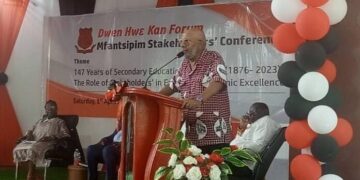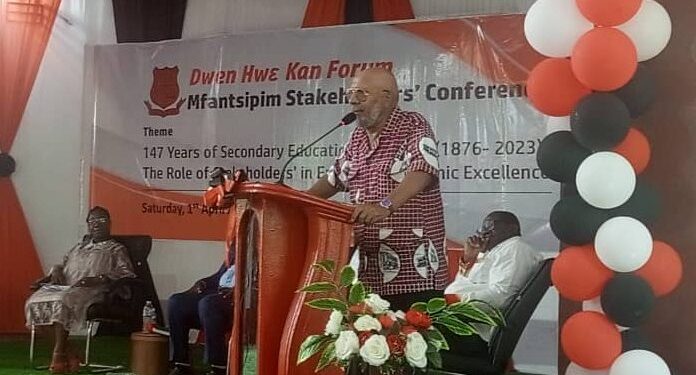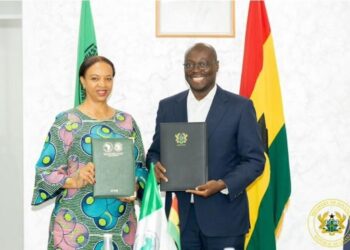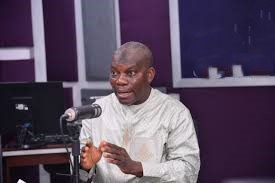Experienced educators urged for an unbiased, radical, and revolutionary review of Ghana’s educational system and its curriculum to ensure that its products are beneficial to the country during a day-long stakeholders’ roundtable on education.
They pointed out that the current educational system was failing to produce graduates who could advance greatness in a variety of fields, including academics, science, technology, industry, ethics, morality, social interaction, and even the physical.
Education consultant Mr. Anis Haffar, acting Central Regional Director of Education Ms. Justina Ivy Apawu, businessman Mr. Kwamena Essilfie Burah, and educationist Mr. Seth Ahene are on the panel.
The conference, dubbed “Dwen Hwe Kan Forum,” formed part of activities marking the 147 Founder’s Day celebration of the Mfantsipim School, the first secondary school established in Ghana. It was on the theme: “147 years of secondary education in Ghana (1876-2023): The role of the stakeholders in ensuring academic excellence.”
They believed that the lack or drive for excellence among students was a criticism of all parties involved and that a reevaluation of the effectiveness of the country’s teaching methods was necessary to ensure that students would have meaningful employment after graduation.
The education experts argued that the traditional “‘chew, pour, pass, forget and become unemployed syndrome'” must be replaced with an urgent review and enhancement of the nation’s educational system to keep up.
Speaking to the audience of students, teachers, parents, and education professionals, Mr. Haffar demanded a paradigm shift in the way that education is organized, arguing that the current system, in which students are forced to focus more on theory and ignore practical studies, has shown to be detrimental to the socioeconomic needs of the nation.
“Ghana’s educational system has over the years placed much premium on the system of memorization and has become an impediment for people to be productive. What has happened to the world presently is people who have taken over themselves to do great things.
“Things are changing, so we must also change as a country,” he said in a contribution to the programme moderated by Professor Philip Ebow Bondzi-Simpson, the first Vice-Chancellor of the Methodist University.
With copious examples, Mr Ahene noted that in most advanced countries, the focus of education was not on academics but rather on projects young students were guided to undertake.
































